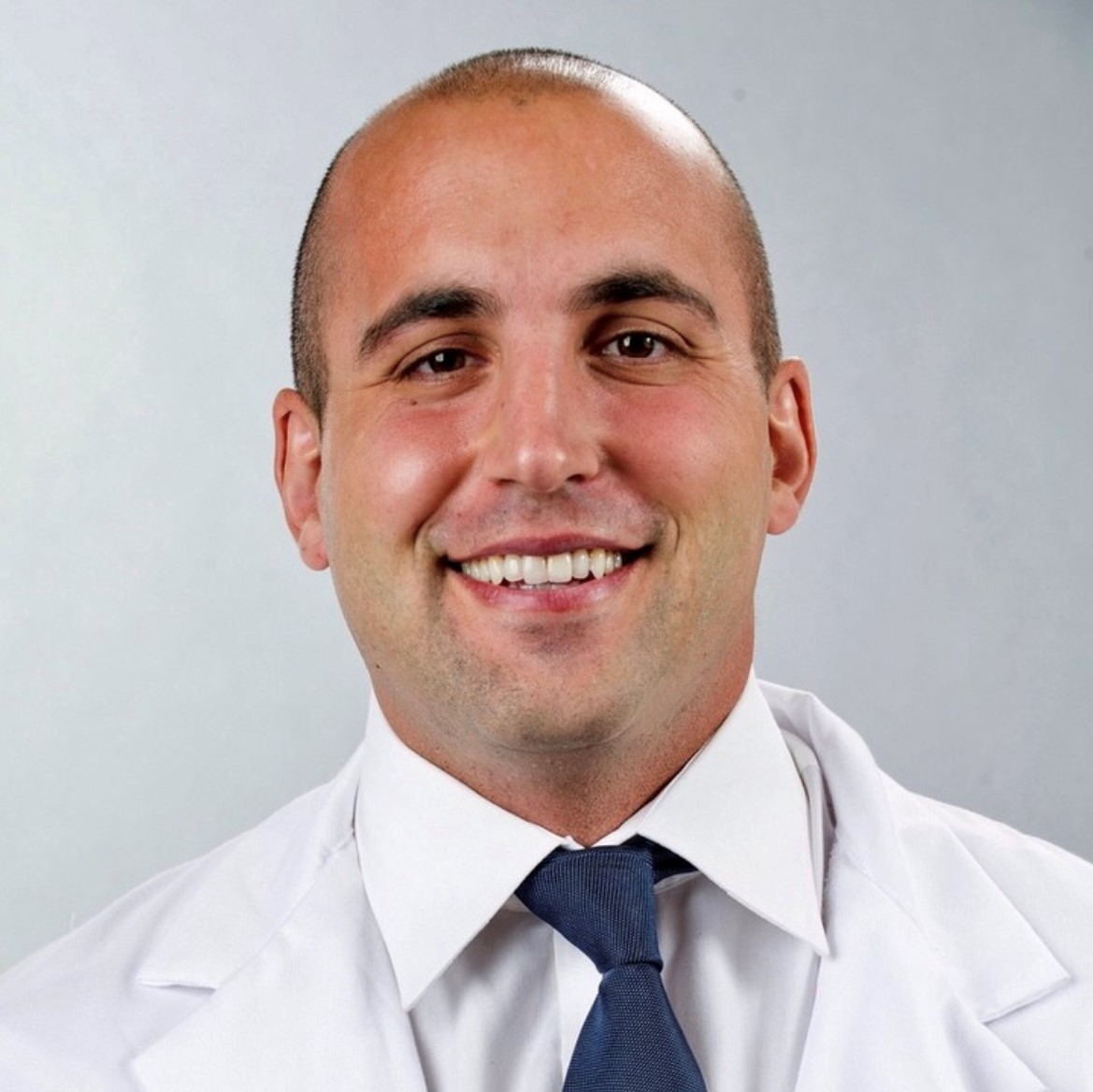Pharmacologic Treatments for PTSD
Learning Objectives
After this presentation, participants should be able to:
- Review the symptoms associated with PTSD
- Encourage psychological-based approaches
- Review pharmacological approaches for PTSD focusing on SSRIs and prazosin
- Discuss benzodiazepines and their potential to be harmful to patients with PTSD
Intended Audience:
This online course is designed for mental health professionals, healthcare providers, and individuals involved in the field of psychology and psychiatry.
Abstract:
The online course focuses on the pharmacologic treatment of PTSD. The epidemiology of PTSD is discussed, emphasizing the importance of early diagnosis. The Diagnostic and Statistical Manual of Mental Disorders (DSM-5) criteria for PTSD are explored in detail. The course then delves into psychological treatments before concentrating on pharmacological interventions, covering antidepressants, antipsychotics, anticonvulsants, and alpha-blockers. Practical dosing guidelines, side effects, and considerations for medication selection are provided. The course advocates for therapy-based approaches, especially exposure therapies, while cautioning against the use of benzodiazepines. The overarching message encourages a holistic approach to PTSD treatment, combining psychological and pharmacological strategies.
Assessment and Earning CME Credit:
To receive CME credit for this episode in Armenia, you must take the CME quiz at the end of this course. You have 3 chances to get a 70% to pass. Once you pass the quiz, we will send your information to the Armenian Ministry of Health for credits.

Serop Chalian, MD
Dr. Serop Chalian completed his undergraduate degree at UC Davis – receiving a Bachelor of Science in Neurobiology, Physiology, and Behavior prior to being accepted to Rosalind Franklin University where he received a Master of Science degree in Biomedical Sciences and later his medical degree. After receiving his M.D., Dr. Chalian attended psychiatry residency at the UCLA/VA Greater Los Angeles Psychiatry Training Program where he is currently a third-year resident physician.

Artin Terhakopian, MD
Dr. Terhakopian is a psychiatrist certified by the American Board of Psychiatry and Neurology (ABPN). He graduated cum laude from Occidental College in Los Angeles majoring in biochemistry. After two years of cardiology research at Huntington and Cedar-Sinai Hospitals, he matriculated at the Uniformed Services University of the Health Sciences (USUHS) School of Medicine in Maryland while simultaneously accepting a commission in the US Army. He graduated USUHS in the top third of his class and completed his psychiatry internship and residency at Walter Reed Army Medical Center. He earned a Master of Public Health (MPH) degree from USUHS in 2007 and completed a fellowship focusing on PTSD leading to the publication of several articles. He was subsequently stationed at Fort Bliss, TX, Fort Leavenworth, KS, and Fort Carson CO deploying to Iraq (2009) and Afghanistan (2014) and rising to the rank of Lieutenant Colonel. Along the way, he successfully treated thousands of patients with mood, anxiety, sleep, stressor-related, and substance use disorders in garrison, civilian, and combat settings while leading several clinics, an inpatient psychiatric ward, and the full medical staff of a brigade combat team. Following the completion of his Army service obligation, Dr. Terhakopian worked as the Medical Director of Haven Behavioral Hospital of Southern Colorado from 2015-to 16. He then transitioned to practice at Parkview Medical Center in Pueblo, CO, and his own private office (AT Psychiatry, PLLC) in Colorado Springs, CO, where in addition to treating patients he is involved in teaching medical students. Dr. Terhakopian is married and has two sons and a daughter.

